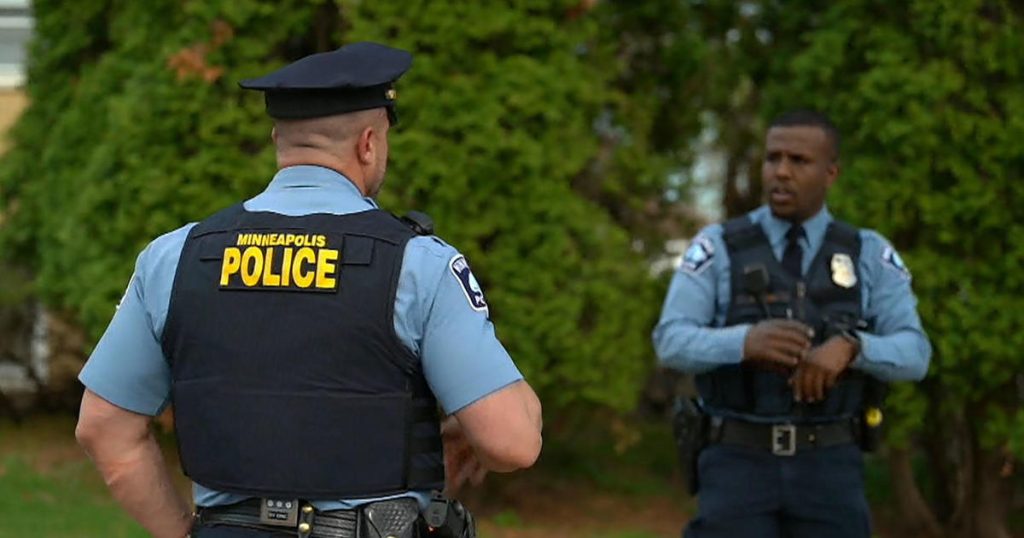Four years after George Floyd’s death at the hands of police in Minneapolis, the city continues to grapple with the aftermath of his killing. Floyd’s death ignited protests across the country and sparked a national conversation about police brutality and systemic racism. The Minneapolis Police Department has faced significant challenges in the years since Floyd’s death, with a loss of 40% of its force as officers left the department amid backlash and calls for reform.
In the wake of Floyd’s killing, the police department has been working to rebuild trust with the community and address issues of racial bias within its ranks. Efforts to implement reforms and improve accountability have been met with mixed reactions from both the public and law enforcement officials. The department has been under increased scrutiny and pressure to change its practices to prevent future incidents of police violence and discrimination.
Despite ongoing efforts to reform and rebuild trust, the Minneapolis Police Department continues to face staffing shortages and struggles to recruit and retain officers. The loss of such a significant percentage of its force has put added strain on the department and raised concerns about its ability to effectively carry out its duties and ensure public safety in the city. The department has had to adapt to these challenges and find ways to address the staffing woes while also maintaining its commitment to serving the community.
As the city marks the four-year anniversary of George Floyd’s death, there is a continued push for accountability and justice for Floyd and other victims of police violence. Calls for police reform and systemic change have intensified in the years since Floyd’s killing, with activists and community members demanding greater transparency, oversight, and accountability from law enforcement agencies. The legacy of Floyd’s death remains a powerful force in shaping the conversation around policing and racial justice in Minneapolis and beyond.
The Minneapolis Police Department’s efforts to build trust and address staffing shortages come at a time when law enforcement agencies across the country are facing similar challenges. The debate over the role of police in society and the need for reform has only grown in recent years, with calls for defunding the police and reallocating resources to community-based solutions gaining traction in some quarters. The future of policing in America is at a crossroads, with ongoing struggles to balance public safety with accountability and racial justice.
As the nation reflects on the legacy of George Floyd’s death four years later, the conversation around policing, racial justice, and accountability continues to evolve. The Minneapolis Police Department’s efforts to rebuild trust and address staffing issues serve as a microcosm of the larger challenges facing law enforcement agencies in confronting systemic racism and community distrust. The road to reform and change is likely to be long and difficult, but the events of the past four years have made it clear that the status quo is no longer acceptable, and that real and meaningful change is necessary to prevent future tragedies like the death of George Floyd.


